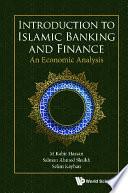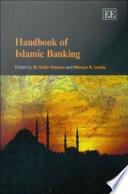
Tasawuf Dulu dan Sekarang
Tasawuf, jalan kerohanian, atau tarekat, salah satu tujuannya adalah untuk membebaskan manusia dari penjara kemajemukan menuju kodratnya yang utuh lagi suci (fitrah). Ketika manusia memegang teguh kodratnya dan menjadi diri sendiri seutuhnya, saat itu pula ia mencapai kebahagiaan hakiki di dunia ini dan di akhirat nanti. Melalui pengkajian yang cukup menyentuh dasar dan lengkap, tetapi disajikan secara sederhana, buku ini tidak hanya mengulas tujuan tasawuf. Di dalamnya, juga dibahas tentang tasawuf dan kelanggengan damba mistik, tingkatan kerohanian di dalam tasawuf, guru sufi, wahyu dan akal, Islam dan pertemuan agama-agama, dan lain sebagainya. Diharapkan, buku ini dapat menjadi kunci untuk membuka sejumlah pintu menuju gudang perbendaharaan tasawuf sejak dulu hingga sekarang. Terlebih, buku ini ditulis oleh Seyyed Hossein Nasr, salah seorang di antara ilmuwan muslim yang memiliki keahlian dalam pengkajian Islam yang cukup mendalam. Sekitar tahun tujuh puluhan, ia menjadi guru besar di tiga benua: Asia, Eropa, dan Amerika. Selamat membaca!
- ISBN 13 : 6027696974
- ISBN 10 : 9786027696976
- Judul : Tasawuf Dulu dan Sekarang
- Pengarang : Seyyed Hossein Nasr,
- Kategori : Religion
- Penerbit : IRCISOD
- Bahasa : id
- Halaman : 360
- Google Book : https://play.google.com/store/books/details?id=LfrHDwAAQBAJ&source=gbs_api
-
Ketersediaan :
Terlebih, buku ini ditulis oleh Seyyed Hossein Nasr, salah seorang di antara ilmuwan muslim yang memiliki keahlian dalam pengkajian Islam yang cukup mendalam.









